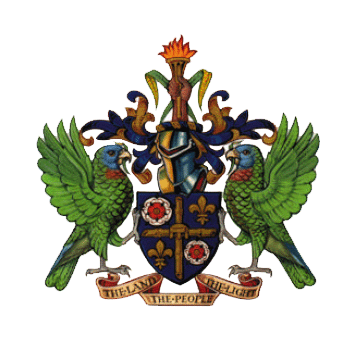Legislation: International Banks
[Back]

Summary
- The
Act provides for two types of licenses to be granted:
- Class A license which permits the applicant to conduct banking business with third parties
- Class B license which permits the applicant to conduct business ONLY with persons listed at the time of the application.
- All international banks must be incorporated as IBC's.
- In order to incorporate an IBC to undertake international banking business, the person seeking to incorporate must first make a tentative or preliminary application to the Financial Services Regulatory Authority (FSRA) for approval to incorporate the IBC
- As an IBC, an international bank is required to have a registered Agent and a registered office.
- All banks will be required to file annual audited financial statements.
- Capital requirements:
- Class A license the IBC must have a fully paid up capital of at least US$1,000,000.
- Class B license the IBC must have fully paid up capital of at least US$250,000.
- The licensee under either class of license, must maintain a deposit of at least $100,000 in the prescribed manner.
- All licensees must have at least two directors (who must be natural persons), and at least one of who must be a resident of St. Lucia.
- There are provisions in the Act that provide for confidentiality of the information submitted upon application for a license and otherwise obtained in the course of regulating the licensee. This protection also extends to clients of the licensee.
- The application fee is for both classes of license is US$500.00. The annual fee for a Class A license is US$25,000 and for a Class B license US$15,000.
- The shares of a licensee may not be transferred without the written approval of the FSRA.
- Licensees are not subject to any exchange control.
- International Banks as IBCs may elect to be exempt from tax or to be subject to tax at a rate of 1%
[Back]
